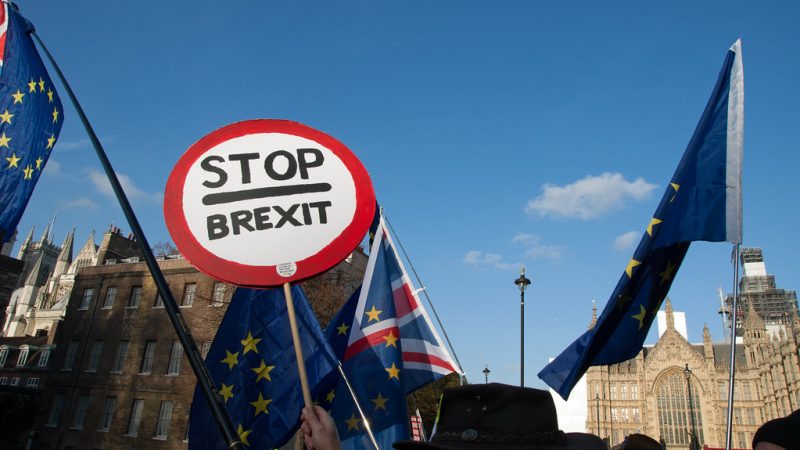"No wonder they feel the need to present figures in the most favourable way they can find."

Yet more bad news on Brexit. The Tories and their Brexit supporting allies in the press spent last month hailing Brexit freedoms, after the government finally concluded talks on joining the Comprehensive and Progressive Agreement for Trans-Pacific Partnership (CPTPP).
The CPTPP is a free trade agreement between 11 countries across the Indo-Pacific, including Australia, Brunei, Canada, Chile, Japan, Malaysia, Mexico, New Zealand, Peru, Singapore and Vietnam – and now the UK.
The deal, billed the biggest trade deal since the decision to leave the EU, was mocked at the time for increasing UK gross domestic product by just 0.08 per cent over a decade.
It’s now emerged that even the 0.08% estimate could be an exaggeration. Small print contained in the document published by the Department for International Trade suggests calculations could have been intentionally juiced up to make the deal sound more appealing.
The document states that officials could not employ their usual approach to calculating the GDP benefits of a deal, known as a “Melitz-style model”, because there were ‘too many unknown variables’.
Instead, the “Armington-style” model was used to get the number for CPTPP, which the document notes tend to produce higher GDP figures “for a given free trade agreement”. Furthermore, the model also produces results that are “not directly comparable” to the previous estimates for deals with the US, Australia, Japan and New Zealand, the document states.
Sam Lowe, a trade expert and senior visiting fellow at the King’s Policy Institute, told the Independent: “While the approach the government has taken is perfectly credible, the change in methodology does seem to have been made with the intention of making the GDP figure sound more impressive.”
Nick Thomas-Symonds, the shadow international trade secretary said: “No wonder they feel the need to present figures in the most favourable way they can find. The OBR predict a 6.6 per cent fall in exports in 2023, a hit of over £51bn to the UK economy. That hammers UK growth and will make the cost of living crisis even worse.”
Basit Mahmood is editor of Left Foot Forward
To reach hundreds of thousands of new readers we need to grow our donor base substantially.
That's why in 2024, we are seeking to generate 150 additional regular donors to support Left Foot Forward's work.
We still need another 117 people to donate to hit the target. You can help. Donate today.



